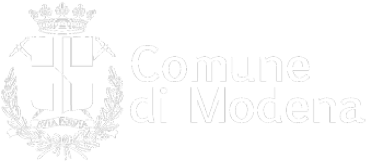Bastiglia
First established as the rural court of the Counts Cesi of Modena around the 12th century, the town was later occupied by the Visconti who christened it "Bastia" in 1354. Today, its name Bastiglia - derives from this word for a fairly commonplace building of the times meaning "fortress". After several vicissitudes, the town passed into the hands of the Estensi in 1384. It then saw a period florid economic development with the construction of the Sostegno: an octagonal basin with sluice gates used to keep water levels constant in the Naviglio and the Mulino. With its sixteen mills the Mulino became the largest mill in the region.
Why it's worth a trip
Traces of the "conca fluviale" can still be seen in the centre of the town in Piazza della Repubblica today. The Museo della Civiltà contadina (Museum of Farming) is also located here and contains an important collection, illustrating life and work out on the fields.
Sites you won't want to miss
MUSEO DELLA CIVILTA' CONTADINA (MUC): inaugurated in 1972 in an ancient building of the historical center, the Museum makes available, in particular young people, tools that allow the comparison between living conditions and knowledge of the various stages of development of rural society.
Good things to eat
Bastiglia is located in the production area of some of the gastronomic excellences of Modena, in particular Lambrusco di Sorbara, Parmigiano-Reggiano and Traditional Balsamic Vinegar of Modena.
Nearby
The Sanctuary of the Blessed Virgin of San Clemente, located in the countryside between Bastiglia and Modena, has a beautiful Greek cross church, with dome, dating back to the late seventeenth century; in reality since the eleventh century there was a church, rebuilt several times over the centuries.
The Sanctuary, designed by the architect Antonio Loraghi, who also worked at the Sanctuary of Fiorano and at the Ducal Palace of Modena, is in Baroque style and has been enriched over the years with numerous works of art, some of great interest as the beautiful canvas "San Clemente Papa che venera la Madonna col bambino" by Giovanni Battista Cipriani, as well as dozens of votive tablets, to witness the deep bond.







